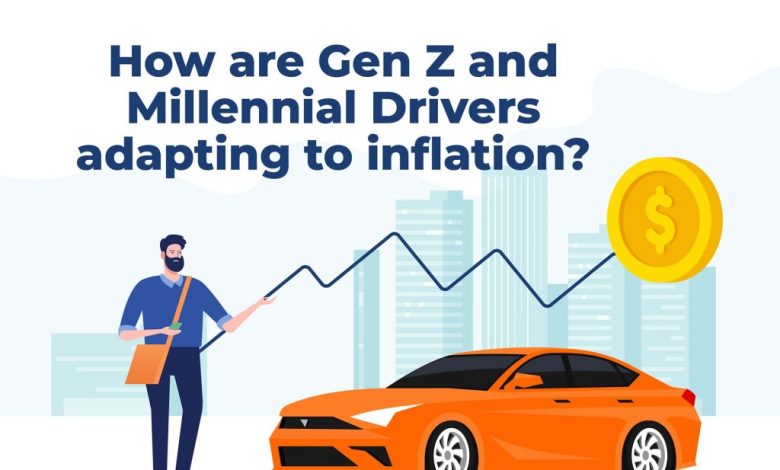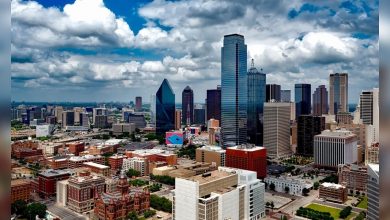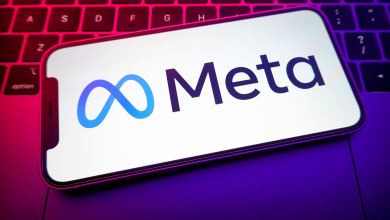Why most millennials and Gen Z regret buying a car before inflation hit

Nearly six in 10 driving adults in the US regret the car they bought just before inflation took off in 2021.
Rising gas prices and cost increases in other sectors have furthermore prompted 42% to seek a higher-paid job or side hustle in order to pay for the cost of maintenance, according to a new survey that compares car ownership habits between licensed Gen Zers and millennials. Another 40% have resorted to the do-it-yourself method to fix their problem cars.
The poll, conducted by OnePoll and commissioned by Kelley Blue Book Service Advisor, asked 2,000 American drivers — 1,000 each from Generations Y and Z — about their vehicular responsibiliies , and found that 69% are currently considering getting rid of their car for one reason or another.
Regardless of who’s under the hood, younger drivers will hold off investigating as long as possible — waiting through an average of eight warning lights on their dashboards before they call a mechanic, and five breakdowns before they decide to get rid of their jalopy, the study found. But first, 79% — notably, 88% of women vs. 72% of men — will do their own research before calling for help.
Some of the repairs that drivers are in no hurry to make include broken speakers (27%), dull windshield wipers (26%), cracked windows (26%) or a change oil light (26%).
Despite their dissatisfaction, 57% agreed that keeping the vehicle they already own is more affordable than starting over with a newer, pricier model.
Unresolvable issues that ultimately inspired drivers to get a new car included too many strange sounds or odors (38%), too many parts replacements (37%) and when too much tape was being used to hold pieces together (37%).
When it’s time to buy again, many said they’d learned lessons from their first cars — and know better what to look for in their next, such as better gas economy (32%), cost of maintenance (31%) and durability over aesthetics (31%).
Overall, nearly two-thirds (64%) admitted they’d be willing to fail their state-licensed safety test if it meant saving a little extra money.
“In this unpredictable economic landscape, it’s important to maximize your vehicle’s value. Not only will you extend its life and save money by not delaying upkeep, but you’ll also be more likely to sell it for a better price,” said a Kelley Blue Book spokesperson in a statement to South West News Service.
“Having a one-stop resource to make sure you’re getting a fair price for vehicle maintenance and being able to anticipate repairs based on what vehicles like yours have gotten done, along with a supportive online community, can help you make better choices for your current and future vehicles,” they added.



